Center for Translational Research
Secure non-dilutive funding to translate your invention into real-world impact
The Center for Translational Research (CTR) is a campus-wide resource for both existing and aspiring university-originated startups seeking non-dilutive funding—including Small Business Innovation Research (SBIR) and Small Business Technology Transfer (STTR) awards—to translate their university inventions into a startup company. It provides support to university faculty, researchers and staff as well as non-university employees of startups utilizing university technology.
The center advises teams on best practices for seeking non-dilutive capital for their startup companies, provides market research and industry analysis and offers proposal editing and critique. The center aims to secure funding for the translation of university technologies, thereby bolstering the impact of the inventions made on our campus.
Center Services
- Locating appropriate grant mechanisms for given technology and principal investigator
- Advising on team formation, company formation and proposal topic strategy
- Coordinating proposal preparation schedule, materials, preliminary work and market research
- Coaching research teams in customer discovery and value proposition generation
- Researching market sectors and differentiating factors of inventions
- Detailing overarching industry trends and forces
- Providing market research and industry analysis
- Aligning the draft proposal with solicitation requirements
- Copyediting the draft proposal for grammatical suggestions and edits
- Advising on proposal structure and arguments
Process for Center Services
To request support please contact Sarah Hughes, director of the Center for Translational Research.
A meeting is conducted between key research personnel and the center's Managing Director. The scope of support and types of services required are detailed and scheduled based on the proposal and deadlines.
The research personnel are connected with services through the center. Iterative consultations and research activities take place by both the research personnel and the center.
An SBIR/STTR proposal is crafted and submitted to a federal agency.
The research team agrees to respond to the center's followup survey detailing the experience and services provided.
Eligibility for Center Services
The center's mission is to translate CU Boulder innovations to the market through non-dilutive funding, including SBIR/STTR federal solicitations. This effort inherently involves both public (CU Boulder) and private (startup companies) entities.
- The technology being translated to the private entity must be rooted in intellectual property, which was filed by Venture Partners at CU Boulder.
- OR the SBIR/STTR award must have a sub-award contract with the university to perform substantial research activity on the CU Boulder campus.
- All research personnel must have a current Disclosure of External Professional Activities (DEPA) on file with the Office of Conflicts of Interest and Commitment.
- All inventions must be disclosed to Venture Partners at the time of the proposal submission. Then, a license is required in order to act upon the award if/when received.
Translational Funding Week
Unlock Funding to Move Your Research or Venture Forward
Are you a university researcher, inventor or deep tech founder exploring ways to translate your innovation into real-world impact? Join us for Translational Funding Week—a series of engaging lunchtime sessions designed to demystify the landscape of non-dilutive funding opportunities that support the journey from lab to market. These sessions are tailored to faculty, postdocs, PhD students and startup teams who want to learn how to secure early-stage funding to commercialize research, build ventures and scale innovation.
Whether you're applying for the first time or looking to sharpen your funding strategy, Translational Funding Week will connect you with insights, tools and experts to accelerate your path forward.
Topics
- Navigating Small Business Innovation Research (SBIR) and Small Business Technology Transfer (STTR) grants across federal agencies
- The Colorado Office of Economic Development and International Trade (OEDIT) Advanced Industries Grant Program
- Opportunities through the NSF ASCEND Engine in Colorado and Wyoming and other regional resources
- How to align your innovation with funder priorities
- Tips from successful applicants and agency insiders
Whether you're applying for the first time or looking to sharpen your funding strategy, Translational Funding Week will connect you with insights, tools and experts to accelerate your path forward.
2026 Week
Check back soon for details on the next Translational Funding Week. Sign Up for Updates




